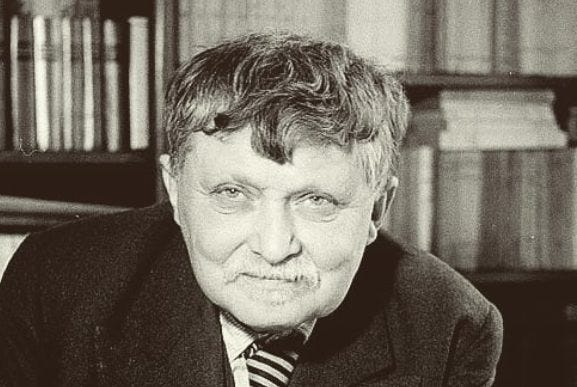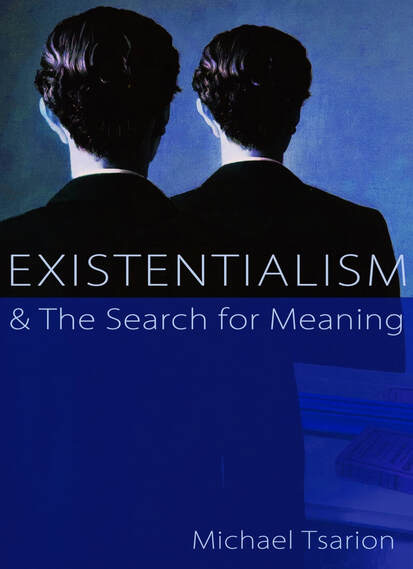A higher acting is concealed in releasement than is found in all the actions within the world and in the machinations of all mankind – Martin Heidegger
Gabriel Marcel and Paul Tillich were not inclined to see Heidegger as any kind of mystic, despite his evocative and idiosyncratic writings on art, poetry, technology’s dangers, and so on. Marcel saw Heidegger as a reductionist and quasi-materialist whose philosophy wasn’t sufficiently descriptive of the nature of Being. He faulted Heidegger for reducing Being to an epiphenomenon of time and history.
Marcel agrees with the essence of Heidegger’s thought but had perceptive criticisms. I will paraphrase them here, given that Marcel was by no means a systematic writer. He had no philosophical system and chose to present key ideas in the form of diaries, letters, memoirs, stories, plays and poems. It is, however, vital that we spend time examining his extraordinarily insightful ideas, particularly as they pertain to Heidegger’s descriptions of Dasein, Being, Being-in-the-World, Being-Toward-Death, anxiety, and so on.
Marcel was, like Heidegger, an anti-Cartesian, although his theories of consciousness are in their own dualistic. He certainly agrees with Heidegger that death is a great mystery. No one lives forever, and no one has returned from the “other side” to tell us about it. What a medic, philosopher, priest or layman says about it has little value. All we have are their opinions. The mystery of death levels us all. One’s personal comment is as good as that of any other person. Most agree that the inevitability of death does generate dread, and that, as Heidegger said, few individuals return from the unpassable horizon to seize their life in the present and make good on their possibilities. Marcel agrees that encountering temporal finitude encourages some people to become “authentic.”
What Marcel wants his readers to think about, and be aware of, isn’t death, per se, but Mystery.
We hear ourselves say “the mystery of death,” and so on, but what do we know, asks Marcel, about Mystery itself? When someone says, “mystery of death,” our focus is immediately on death rather than mystery. Why so? asks Marcel. After all, death is not the only mystery confronting us. There’s the mystery of life itself, and of mind, body, perception, time, cosmos, birth, suffering, past-lives, creativity, genius, beauty, love, women, freedom, will, ESP, God, evil, and so on. At all times throughout history we’ve been confronted with Mystery, and yet we find it unthought. Ask yourself what you know about it?
Marcel’s Existentialism is rooted in this question. Consequently, his take isn’t quite the same as that of Heidegger and other thinkers.




